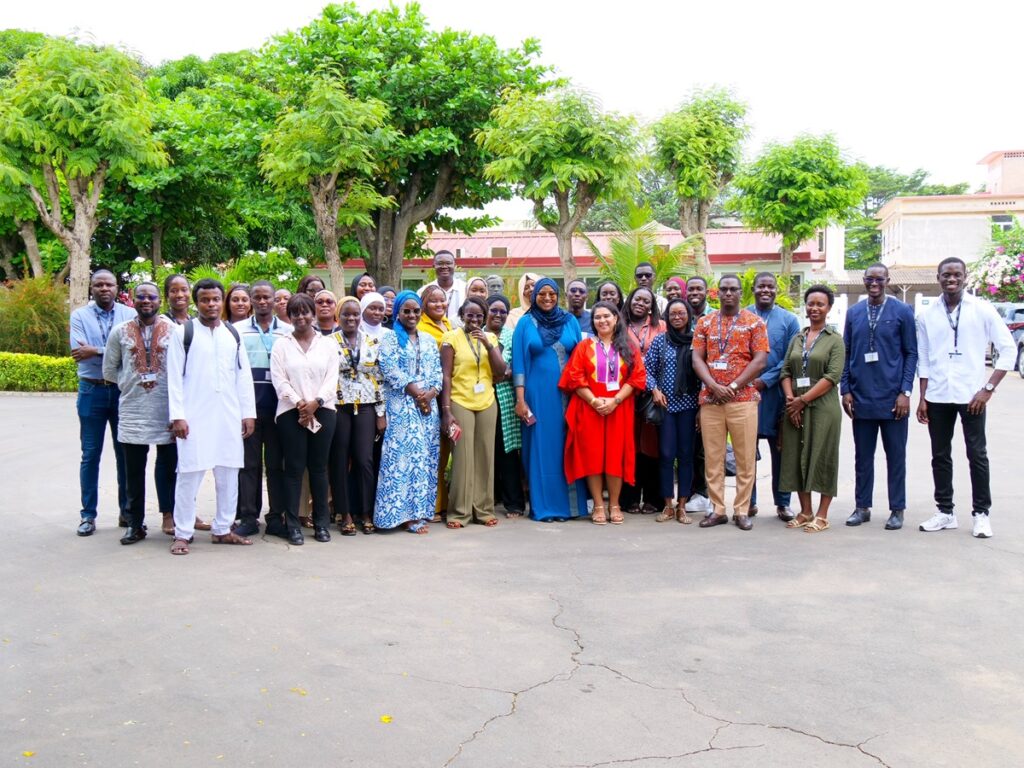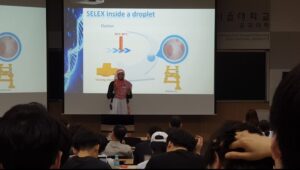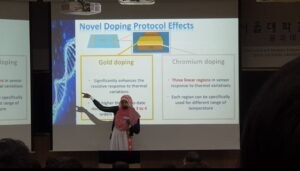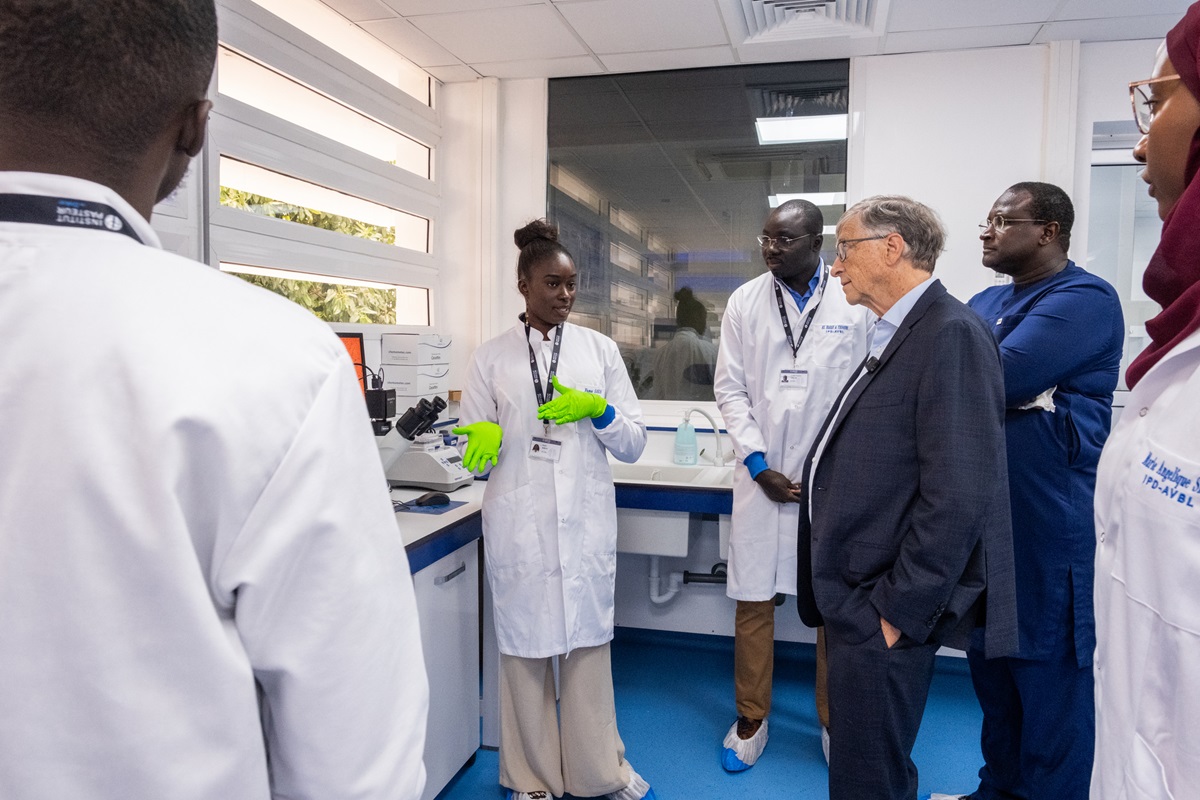
The road to this moment was anything but easy. Sène faced obstacles that could have ended her journey—but instead, they fueled her drive to lead her team to this major achievement.
Finding strength in the face of doubt
But in moments when she felt like giving up, her mother’s words helped keep her grounded: “When I wanted to quit science, she said to me, ‘Be grateful that people are trying to put obstacles in your path. That means you’re on the right track. You’re doing the right thing.’” Before long, Sène turned those obstacles into steppingstones on the path to a remarkable scientific career.
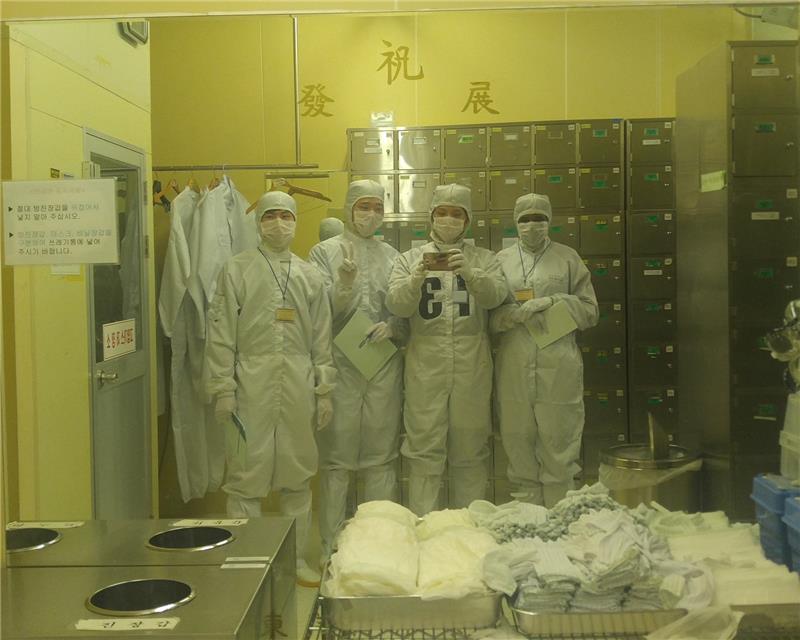
Fluent in four languages, Sène earned her M.S. in Mechanical engineering with a specialty in micro/nanotechnology at Seoul National University—one of South Korea’s top institutions—before completing a Ph.D. in biomedical sciences at McGill University, one of Canada’s leading research universities. By age 28, she was hired to lead the microbiology and analytical development lab at IPD.
In South Korea, Sène not only mastered complex nanotechnology coursework but also immersed herself in a new culture, even learning to speak Korean to collaborate effectively with her peers. These experiences shaped her adaptability and global perspective—qualities she now brings to her leadership at IPD.
Breaking barriers in scientific leadership
At the start of her career, Sène often found her voice and expertise sidelined in male-dominated spaces. Determined to change this dynamic, she has worked to create leadership opportunities for others, especially women. As the head of Vaccine Research Center at IPD, Sène oversees a multigenerational team of scientists, most of them women.
Sène has learned that nurturing her team isn’t just about guiding their scientific work—it’s about helping shy, uncertain individuals blossom into leaders. “They come to me and say, ‘I didn’t know I could do this,’” she says. Now they are part of a team shaping the future of vaccine accessibility, developing manufacturing processes that could dramatically reduce disease rates across Africa and strengthen global health systems.
Empowering Africa’s next generation of innovators
Returning to Dakar as a leader at the Institut Pasteur de Dakar (IPD) felt like coming full circle for Sène—having attended her mother’s kindergarten just a short distance from the institute. For her, the journey home represents not only personal fulfillment but also a chance to empower the next generation of African scientists.
The mRNA vaccine her team is developing for Rift Valley fever has the potential to save countless lives across Africa, not only protecting people from severe disease but also safeguarding livestock that are essential to rural economies. By spearheading domestic vaccine production, Sène is helping Senegal reduce its reliance on external suppliers and positioning Africa as a leader in global health innovation. “The brains are here,” she says. “They just need the right tools and to be exposed to the right environment to thrive.”
